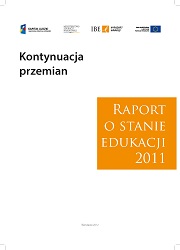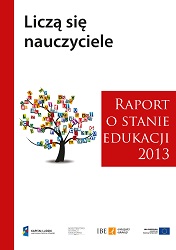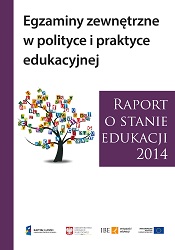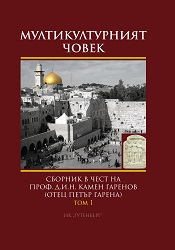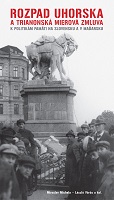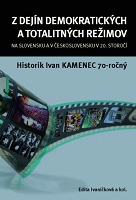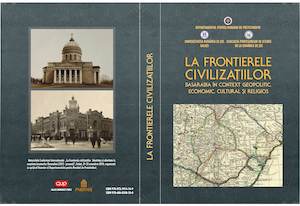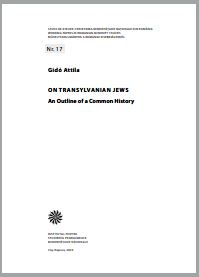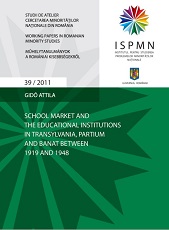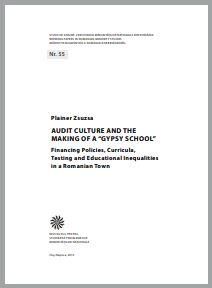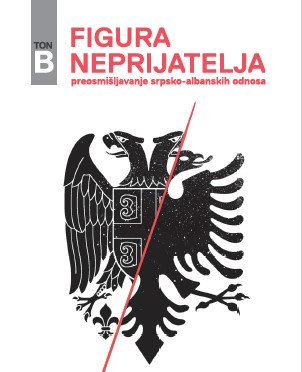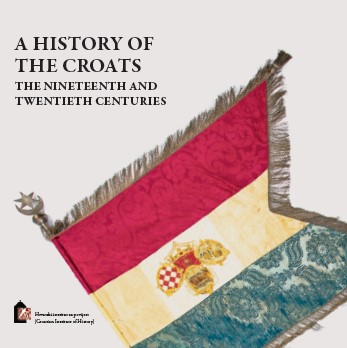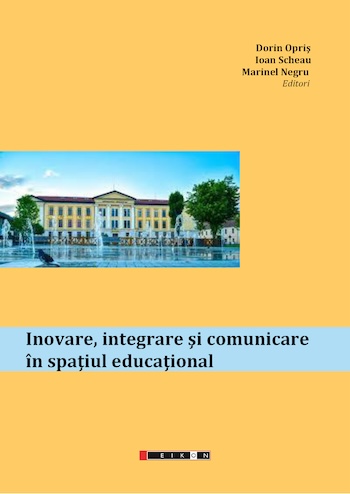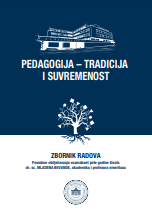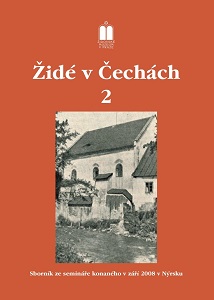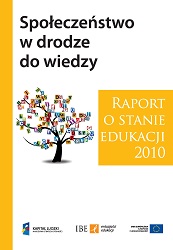
Raport o stanie edukacji 2010. Społeczeństwo w drodze do wiedzy
Głównym celem raportu jest wzmocnienie szerokiej publicznej debaty zarówno na temat samej edukacji, jak i jej znaczenia w działaniach rozwojowych. W Raporcie o stanie edukacji 2010 zebrano informacje dotyczące zmian, jakie zaszły w edukacji, w ciągu ostatnich 15 lat, ze szczególnym naciskiem na edukację ogólną. W poszczególnych rozdziałach poruszono kwestie dot. wykształcenia społeczeństwa polskiego, uczestnictwa w edukacji formalnej, finansowania edukacji, demografii, jakości edukacji, nauczaniu matematyki, nauczycielom, spójności społecznej w kontekście edukacji oraz sprawom związanym z powiązaniem edukacji z rynkiem pracy.
More...
